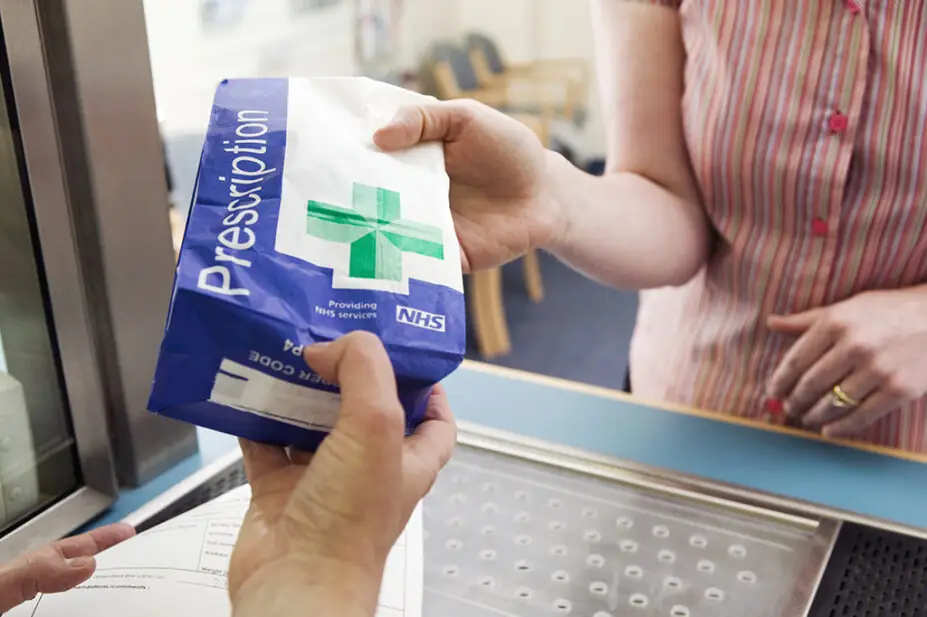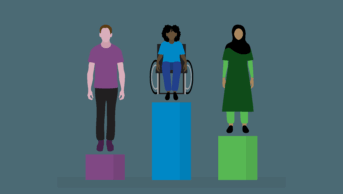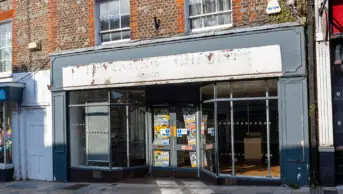
LEWIS HOUGHTON/SCIENCE PHOTO LIBRARY
Nearly all pharmacists responding to a survey jointly carried out by the Royal Pharmaceutical Society (RPS) and the Pharmacists’ Defence Association (PDA) said that patients had declined medicines prescribed to them because of the cost of prescription charges.
Of 1,288 pharmacists, 3% (39) said they had “never” experienced patients declining part of their prescription because of cost, with 24% (303) saying that it happened “often” in their pharmacy.
The survey of pharmacists practising in England — carried out in January 2024, with the results published on 2 February 2024 — also found that 35% (441) of respondents said the number of patients declining prescriptions had increased in the past year.
Pharmacists taking part in the survey said there was a range of medicines that patients declined to pay the prescription charge for, including antibiotics, antihypertensives, antidepressants and steroids.
Commenting on the survey, Tase Oputu, chair of the RPS’s English Pharmacy Board, said: “Amid an ongoing cost-of-living crisis, prescription charges risk widening health inequalities in England. Nobody should face a financial barrier to accessing the medicines they need to stay well.
“The prescription charges system is confusing for patients and creates unnecessary bureaucracy for pharmacy teams, who want to focus their time on patient care.
“In a general election year, I hope that political parties can commit to properly reviewing this complex and unjust system,” she added.
In May 2023, The Pharmaceutical Journal revealed that the number of prescription items pharmacists are marking as ‘not dispensed’ increased by 18.2% between 2021/2022 and 2022/2023, when the cost-of-living crisis began.
Alison Jones, director of policy at the PDA, said: “Patients in England should have the same access to medicines as those in the other UK nations, where the affordability of prescriptions for the patient is not a factor.
“Our members do all they can to advise patients on NHS England schemes to reduce prescription costs, such as pre-payment, but ultimately, in a cost-of-living crisis, some patients cannot afford any price.
“There is a cost to the NHS of patients needing more complex care if their condition subsequently deteriorates and they need to be admitted to hospital, and an impact on the nation’s GDP [gross domestic product] when working people are unable to work effectively due to otherwise preventable ill health.”
England is the only UK country that uses prescription charges. Fewer than 1% of the pharmacists who took part in the survey practised outside England, with most of those practising in both England and Wales.


